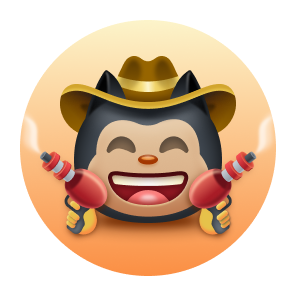I'm Maeve/Méaḋḃ (she/her), a research software engineer on the research computing team at the University of Leeds.
Have you come looking for presentation slides? You can find them here.
-
🔭 I have a PhD in planetary science, where I modelled early-Solar System planetesimals using Python, and tied these models to geochemical and microstructural analyses of meteorites. See some of my publications/research outputs here:
- Interactive planetary science: explore pallasite cooling
- The Conductive Cooling of Planetesimals With Temperature-Dependent Properties (Murphy Quinlan et al., 2021)
- Reconciling fast and slow cooling during planetary formation as recorded in the main group pallasites (Murphy Quinlan et al., 2023)
- Pytesimal: A Python package to model planetesimals (Murphy Quinlan and Walker, 2020)
- PytesiMINT: Pytesimal Metal INTrusion model (Murphy Quinlan, 2023)
-
🌱 I’m currently learning more about containerisation using both Docker and Apptainer to support researchers in reproducible computation.
-
👯 I’m collaborating on a number of projects supporting webapps developed both with Python/Dash and R/RShiny, deployed with Azure: Priority Places for Food Index; Nutrient Profile Model Calculator; nutrientprofiler R package.
-
💬 Ask me about research computing: https://bit.ly/arc-help
Read more here.
- Depenedencies: record your dependencies, use a package manager to pin them, avoid dependency hell!
- Repository: put your code in a publically accessible, version-controlled repository.
- License: add a license to your software.
- Citation: make it easy for users to cite your code with a Citation Format File (CFF).
- Testing: test your code and benchmarking, the same way you would validate laboratory analyses.
Quickly generate a minimalist, simple project folder structure and a pyproject.toml file for your Python package here.



